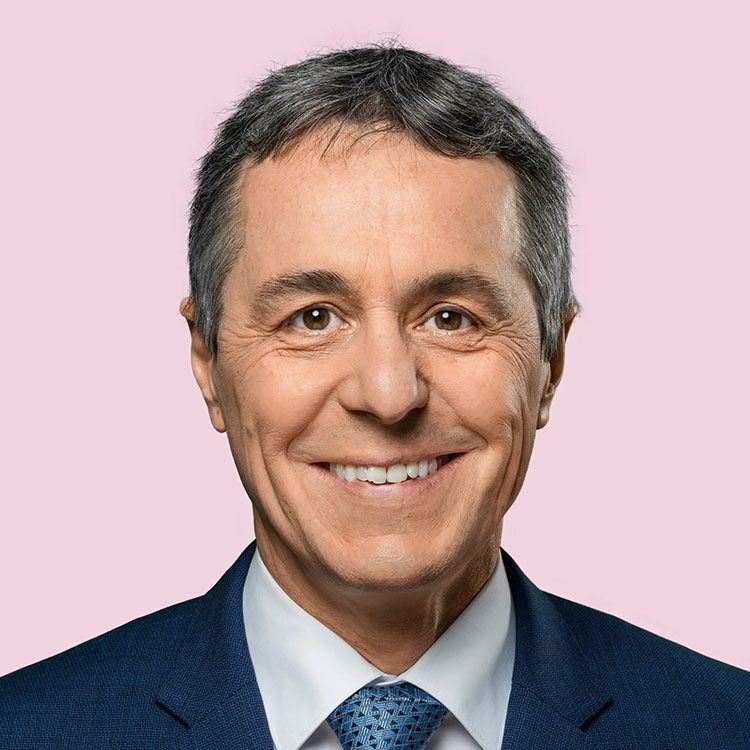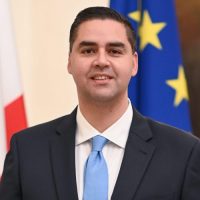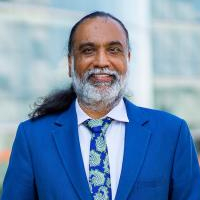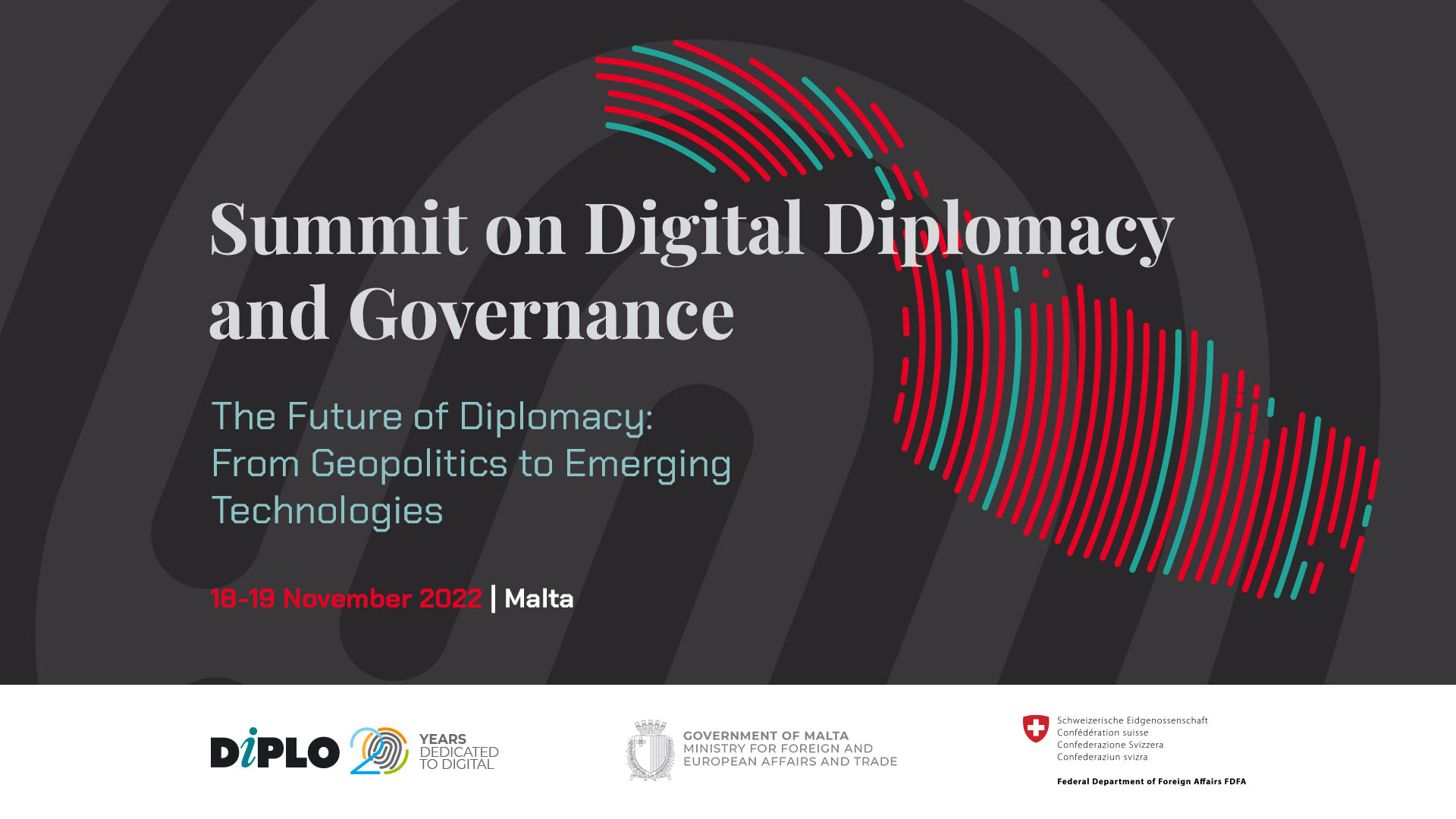
Technology is having a profound impact on the core functions of diplomacy. The role of diplomacy in the digital era is changing: from geopolitical and societal changes in the environment where diplomacy operates, to new issues on diplomatic agendas, to new digital tools aiding the work of diplomats.
The Summit on Digital Diplomacy and Governance, organised by DiploFoundation in cooperation with Malta’s Ministry for Foreign and European Affairs and Trade and the Swiss Federal Department of Foreign Affairs (on 18–19 November 2022, Malta), looked ahead at the future of diplomacy by reflecting on the past decades, marked by the use of technology in and for diplomacy. It also marked 20 years of DiploFoundation and 30 years of internet and diplomacy research and training in Malta.
PROGRAMME
The programme was created with inputs from speakers, delegates, and the digital policy community. (Time is UTC+1)
Pre-event – Thursday, 17th November 2022
Venue: Radisson Golden Sands, Mellieha
The pre-event is dedicated to discussions among policy communities and groups. The programme has been developed in consultation with each policy community.
Track 1: Meeting for Tech Envoys and Ambassadors (by invitation only)
[Room: BR4]
The meeting will take stock of current digital policy processes and reflect on key opportunities and challenges affecting the work of cyber and tech ambassadors (and envoys and other key officials with responsibility for digital issues).
10:00 – 10:30 Welcome
- Dr Jovan Kurbalija, Executive Director DiploFoundation
- Mr Amandeep Singh Gill, UN Secretary-General’s Envoy on Technology
- Amb. Balz Abplanalp, Swiss Tech Ambassador in San Francisco
- Amb. Andre Xuereb, Malta’s Digital Ambassador
10:30 – 12:00 Roundtable and discussion on digital geopolitics
- Mr Ljupco Gjorgjinski, frm Chair of the GGE on lethal autonomous weapons systems (LAWS)
- Mr Vladimir Radunovic, Cybersecurity Director, DiploFoundation
12:00 – 13:00 Networking lunch
13:00 – 14:00 Roundtable and discussion on tech diplomacy
- Mr Martin Rauchbauer, frm Austrian Tech Ambassador in Silicon Valley
- Ms Pavlina Ittelson, Executive Director DiploUS
14:00 – 14:30 Closing
19:00 Departure to Mgarr
19:30 – 21:30 Dinner
Track 2: Meeting on the Future of Online Learning & Diplomatic Training (by invitation only)
[Room: BR3]
11:30 – 12:00 Welcome
- Dr Jovan Kurbalija, Executive Director DiploFoundation
12:00 – 13:00 Networking lunch
13:00 – 15:00 Roundtable and discussion on the future of online learning
- Mr Andrej Skrinjaric, Educational Programmes Director, DiploFoundation
15:00 – 15:30 Closing and group photo of Diplo’s Faculty
19:00 Departure to Mgarr
19:30 – 21:30 Dinner
Day 1 – Friday, 18th November 2022
Venue: Radisson Golden Sands, Mellieha
08:30 – 09:00 Welcome coffee and registration
09:00 – 09:30 High-level opening
[Room: BR1]
- Hon. Ian Borg, Minister for Foreign and European Affairs and Trade of Malta
- Mr Amandeep Singh Gill, UN Secretary-General’s Envoy on Technology
- Mr Brad Smith, President of Microsoft (video-message)
09:30 – 10:15 Setting the scene: The three pillars of digital diplomacy
The role of diplomacy in the digital era is changing: from geopolitical and societal changes in the environment where diplomacy operates, to new issues on diplomatic agendas, to new digital tools aiding the work of diplomats.
This session will set the scene: In light of fast technological advancements, what does the future hold for diplomacy?
- Dr Jovan Kurbalija, Executive Director, DiploFoundation
10:15 – 10:45 Conference photo and coffee break
10:45 – 12:30 Digital governance and cooperation: Towards a Global Digital Compact
[Room: BR1]
Digital governance topics – from privacy and cybersecurity, to e-commerce and data and AI – are firmly prominent on the agendas of the UN, G7, G20, and other diplomatic meetings.
One of the main UN processes relates to the Global Digital Compact, an initiative launched by the UN Secretary-General in 2021, which will outline shared principles for an open, free and secure digital future for all, and which will be agreed at the UN Summit of the Future in 2024.
The session will be an important open consultation on the Compact, which will be facilitated by the UN Tech Envoy. It will reflect on the issues and shared principles which should be addressed by the Compact, and how the diplomatic community can address them.
10:45 – 11:00 Introduction
- Mr Amandeep Singh Gill, UN Secretary-General’s Envoy on Technology
11:00 – 11:45 Round-table consultations
#1 Connectivity and accessibility: Two sides of the same coin?
- Mr Danko Jevtovic, Vice-Chair of the Board, ICANN
- Ms Pavlina Ittelson, Executive Director, DiploUS
- Ms Mwende Njiraini, African initiative coordinator, DiploFoundation
- Online consultations: Ms Virginia (Ginger) Paque, Internet Governance and E-diplomacy Coordinator, DiploFoundation
#2 Governing data: Are data spaces an answer to fostering trust, and what guidelines should be in place?
- Amb. Benedikt Wechsler, Head of Division for Digitalisation, Swiss FDFA
- Ms Marilia Maciel, Head of Digital Commerce and Internet Policy, DiploFoundation
- Online consultations: Ms Katarina Bojović, Head of Knowledge Ecology, DiploFoundation
#3 AI and other emerging technologies: Innovation or regulation?
- Mr Ljupco Gjorgjinski, frm Chair of the GGE on lethal autonomous weapons systems (LAWS)
- Ms Ayisha Piotti, Director of AI Policy, ETH Zurich, and Managing Partner, RegHorizon
- Dr Katharina Höne, Director of Research, DiploFoundation
- Online consultations: Ms Anja Dajic, Researcher, AI and Data Lab, DiploFoundation
#4 Children and future generations: How can we protect their rights?
- Mr Amandeep Singh Gill, UN Secretary-General’s Envoy on Technology
- Mr Ruichuan Yu, Research and Knowledge Management, UNICEF
- Ms Su Sonia Herring, Digital Media and Communications Editor, DiploFoundation
- Online consultations: Mr Yung-Hsuan Wu, Researcher, DiploFoundation
#5 Building capacities and skills: How can a culture of capacity development be incorporated into institutions’ work?
- Amb. Mabel Gomez Oliver, Ambassador of Mexico to Morocco
- Amb. Milan Jazbec, Ambassador, Ministry of Foreign Affairs of Slovenia, and professor of diplomacy
- Mr Andrej Skrinjaric, Educational Programmes Director, DiploFoundation
- Online consultations: Ms Slavica Karajicic, Researcher, DiploFoundation
#6 Values and principles: What other issues should the Compact address?
- Dr Walter Fust, frm Ambassador and Director General of the Swiss Agency for Development and Cooperation (SDC)
- Mr Lee Hibbard, Bioethics Unit, Council of Europe
- Mr Ammar Hamadien, Senior Advisor, Digital Cooperation Organization
- Ms Sorina Teleanu, Director of Knowledge, DiploFoundation
- Online consultations: Ms Andrijana Gavrilovic, Editor, Digital Watch, and Head of Diplomatic and Policy Reporting, DiploFoundation
11:45 – 12:25 Plenary discussion
Moderator:
- Dr Tereza Horejsova, Board Member, Diplo US
12:30 – 13:30 Networking lunch (outdoors weather-permitting)
13:30 – 14:45 Diplomatic processes: The state of play in negotiations
Digital policy topics are negotiated in multiple digital governance processes. For instance, cybersecurity is tackled at the UN and other multilateral working groups. E-commerce negotiations at multilateral and plurilateral fora are often a reflection of what is negotiated in agreements on a regional level. The development of AI principles are often initiated by the private sector.
This session will reflect on the latest policy processes and their current state of play.
Break-out sessions
#1 Cybersecurity: What’s happening at the UN General Assembly’s First and Third Committees, the Open-ended Working Group, and the Programme of Action, and how are developing countries participating in the process? [Room: BR3]
- Mr Isaac Morales Tenorio, Coordinator for Multidimensional Security, MFA Mexico
-
, Cyber Security Authority, Ghana
- Dr Katherine Getao, frm ICT Secretary, Ministry of Information and Communications, Kenya
- Mr Vladimir Radunovic, Director of Cybersecurity and E-diplomacy
#2 E-commerce and trade: How is the landscape of trade agreements changing? [Room BR4]
- Ms Marion Jansen, Director of the Trade and Agriculture Directorate, OECD
- Ms Marilia Maciel, Head of Digital Commerce and Internet Policy, DiploFoundation
#3 Digital development: How can diplomacy facilitate holistic digital inclusion towards the realisation of Agenda 2030? [Room: Swizzles]
- Dr Raymond Saner, Titular Professor at Basel University, Switzerland
- Ms Nanjira Simbuli, Researcher, policy analyst, and strategist
- Dr Katharina Höne, Director of Research, DiploFoundation
14:45 – 15:15 Coffee break (outdoors weather-permitting)
15:15 – 16:25 Emerging technologies: New issues on diplomatic agendas
[Room: BR1]
Advanced technologies are developing fast, fuelling unprecedented opportunities and creating risks. They are also bringing to light old and new issues that will affect their future development, and the impact of technology on society and future generations.
The session will be dedicated to emerging issues, their impact on humanity, and how actors need to approach the fast developments in technology.
Round-tables:
#1 Metaverse: Old wine in new bottles?
- Mr Boris Begovic, Researcher, DiploFoundation
- Ms Andrijana Gavrilovic, Editor, Digital Watch, and Head of Diplomatic and Policy Reporting, DiploFoundation
#2 Cryptocurrencies and fintech: What can governments do to prepare for the digitalisation of the global economy? Are we crypto-ready?
- Ms Hanane Boujemi, Public Policy, Regulatory Affairs MENAT, Meta
- Mr Arvin Kamberi, Crypto expert, DiploFoundation
#3 Getting ready for quantum computing: Innovation or regulation?
- Amb. Prof. Andre Xuereb, Malta’s Digital Ambassador
- Ms Sorina Teleanu, Director of Knowledge, DiploFoundation
#4 Enabling safety, security and accountability: What are the trade-offs?
- Dr Katherine Getao, frm ICT Secretary, Ministry of Information and Communications, Kenya
-
, Cyber Security Authority, Ghana
- Mr Vladimir Radunovic, Director of Cybersecurity and E-diplomacy, DiploFoundation
#5 Ethics and values: How are emerging technologies redefining the core social and ethical pillars of humanity?
- Mr Lee Hibbard, Bioethics Unit, Council of Europe
- Amb. Thomas Schneider, Director of International Affairs, Swiss Federal Office of Communications (OFCOM)
- Dr Jovan Kurbalija, Executive Director, DiploFoundation
#6 Science and tech diplomacy: How are emerging technologies impacting the practice of diplomacy?
- Amb. Alexandre Fasel, Special Representative for Science Diplomacy, Swiss FDFA
- Mr Martin Rauchbauer, frm Austrian Tech Ambassador in Silicon Valley
- Dr Katharina Höne, Director of Research, DiploFoundation
16:30 – 17:00 High-level address: Towards inclusive and informed digital diplomacy
Keynote by:
- H.E. Ignazio Cassis, President of the Swiss Confederation
Speakers:
- Hon. Moctar Yedaly, Minister of Digital Transformation and Innovation, Mauritania
- Ms Olga Algayerova, Executive Secretary of the UN Economic Commission for Europe (UNECE)
- Mr Amandeep Singh Gill, UN Secretary-General’s Envoy on Technology
- Dr Jovan Kurbalija, Executive Director, DiploFoundation
19:00 Departure to Mdina
19:30 – 21:30 Dinner
Day 2 – Saturday, 19th November 2022
08:30 Departure to Aula Magna, University of Malta (Valletta Campus), Valletta
09:30 – 10:30 How can we prepare diplomats for 2032 and beyond?
[Room: Aula Magna]
Today’s diplomats will act substantively differently in 2032. There are many ‘known unknowns’ of 2032. It is certain that AI will automate many ‘white collar’ jobs. The session will focus on various questions on the topic, including: Which diplomatic functions will survive automation? Can we expect to be negotiating with ‘robot diplomats’ in the near future? Will consular services be fully automated? What role will other technologies and applications – virtual reality, metaverse, etc. – play in the conduct of diplomacy? Ultimately, what should we teach today’s students and young diplomats in order to prepare them for the uncertainties of the world after 2030?
Panelists:
- Hon. Moctar Yedaly, Minister of Digital Transformation and Innovation, Mauritania
- Ms Olga Algayerova, Executive Secretary of the UN Economic Commission for Europe (UNECE)
- Mr Rodney Taylor, Secretary General, Caribbean Telecommunications Union (CTU)
- Amb. Mabel Gomez Oliver, Ambassador of Mexico to Morocco
- Amb. Amr Aljowaily, Strategic Advisor to the Deputy Chairperson of the African Union Commission (AUC)
- Amb. Christopher Lamb, Former Australian Ambassador and Humanitarian Diplomacy Head, IFRC
- Chair for ‘Future Generations’
Moderator:
- Dr Jovan Kurbalija, Executive Director, DiploFoundation
10:30 – 11:00 Coffee break
11:00 – 12:00 Walking tour of Valletta
12:00 – 14:00 Departure to Radisson Golden Sands, Mellieha; seated lunch at the conference venue
14:00 – 14:15 Plenary session preceding three-pillar How-to sessions
[Room BR1]
14:15 – 14:45 How-to sessions – Part I
Break-out sessions
#1 Digital geopolitics: How can we identify strategic trends in technological developments while avoiding pitfalls and hype? [Room: BR3]
- Dr Moritz Vischer, Engineer and Product Manager, Aerospace defence
- Dr Katherine Getao, frm ICT Secretary, Ministry of Information and Communications, Kenya
- Ms Sorina Teleanu, Director of Knowledge, DiploFoundation
#2 Digital topics: How are countries and the private sector collaborating to tackle the spread of disinformation, hate speech, and other types of unwanted content? [Room BR4]
- Amb. Thomas Schneider, Director of International Affairs, Swiss Federal Office of Communications (OFCOM)
- Mr Richard Werly, Europe Columnist, Blick
- Ms Pavlina Ittelson, Executive Director, DiploUS
#3 Digital tools: How can we ensure effective use of social media, and other emerging online spaces such as the metaverse, in diplomacy? [Room: Swizzles]
- Mr Matthias Lüfkens, Founder and CEO, DigiTips
- Mr Mark McDowell, Country Representative (Myanmar), The Asia Foundation
- Mr Andreas Sandre, Author of Digital Diplomacy and Twitter for Diplomats
- Mr Dylan Farrell, Communications Manager, DiploFoundation
14:45 – 15:15 How-to sessions – Part II
Break-out sessions
#1 Digital geopolitics: How can we deal with risks in the fast-changing world? [Room: BR3]
- Dr Anja Grujovic-Vischer, Economist and Emerging Risk Manager
- Mr Vladimir Radunovic, Cybersecurity Director, DiploFoundation
#2 Digital topics: How can diplomatic negotiations contribute to speeding up the Agenda 2030? [Room: BR4]
- Ms Olga Algayerova, Executive Secretary of the UN Economic Commission for Europe (UNECE)
- Ms Pavlina Ittelson, Executive Director, DiploUS
#3 Digital tools: How can we organise, manage, and chair hybrid meetings more effectively? [Room: Swizzles]
- Ms Maja Carrieri, Director, Governance Services, World Meteorological Organization (WMO)
- Amb. Amr Aljowaily, Strategic Advisor to the Deputy Chairperson of the African Union Commission (AUC)
- Dr Katharina Höne, Director of Research, DiploFoundation
15:15 – 15:45 How-to sessions – Part III
Break-out sessions
#1 Digital geopolitics: How can small and developing countries navigate the emerging digital ‘bipolar world’? [Room: BR3]
- Mr Rodney Taylor, Secretary General, Caribbean Telecommunications Union (CTU)
- Dr Corinne Casha, Assistant Director Global Issues, Malta’s Ministry for Foreign and European Affairs and Trade (MFET)
#2 Digital topics: How should we negotiate digital commons and public goods? [Room: BR4]
- Dr Alex Sceberras Trigona, Permanent Representative of Malta to the World Trade Organization (WTO)
- Dr Jérôme Bellion-Jourdan, Special Coordinator for Negotiation Teaching in MINT, Geneva Graduate Institute
- Dr Jovan Kurbalija, Executive Director, DiploFoundation
#3 Digital tools: How can data and AI be used to enhance diplomatic practice, including strategic planning and diplomatic foresight? [Room: Swizzles]
- Dr Charlotte Lindberg Warakaulle, Director of International Relations, CERN
- Ms Katarina Bojović, Head of Knowledge Ecology, DiploFoundation
- Dr Jovan Njegić, Head of AI, DiploFoundation
15:45 – 16:00 Coffee break
16:00 – 16:30 Plenary wrap-up and final messages
[Room BR1]
19:00 – 21:00 Anniversary reception (Radisson Golden Sands, Mellieha)
Speakers
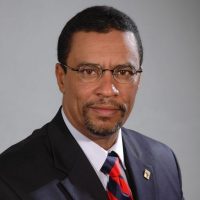
Moctar Yedaly
Minister of Digital Transformation and Innovation, Government of Mauritania
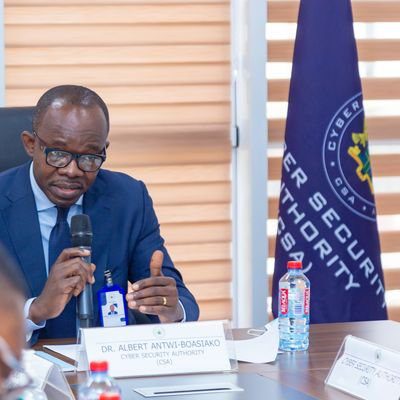
Albert Antwi-Boasiako
Director General, Cyber Security Authority, Ghana
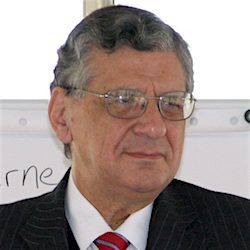
Alex Sceberras Trigona
Permanent Representative of Malta to the World Trade Organization
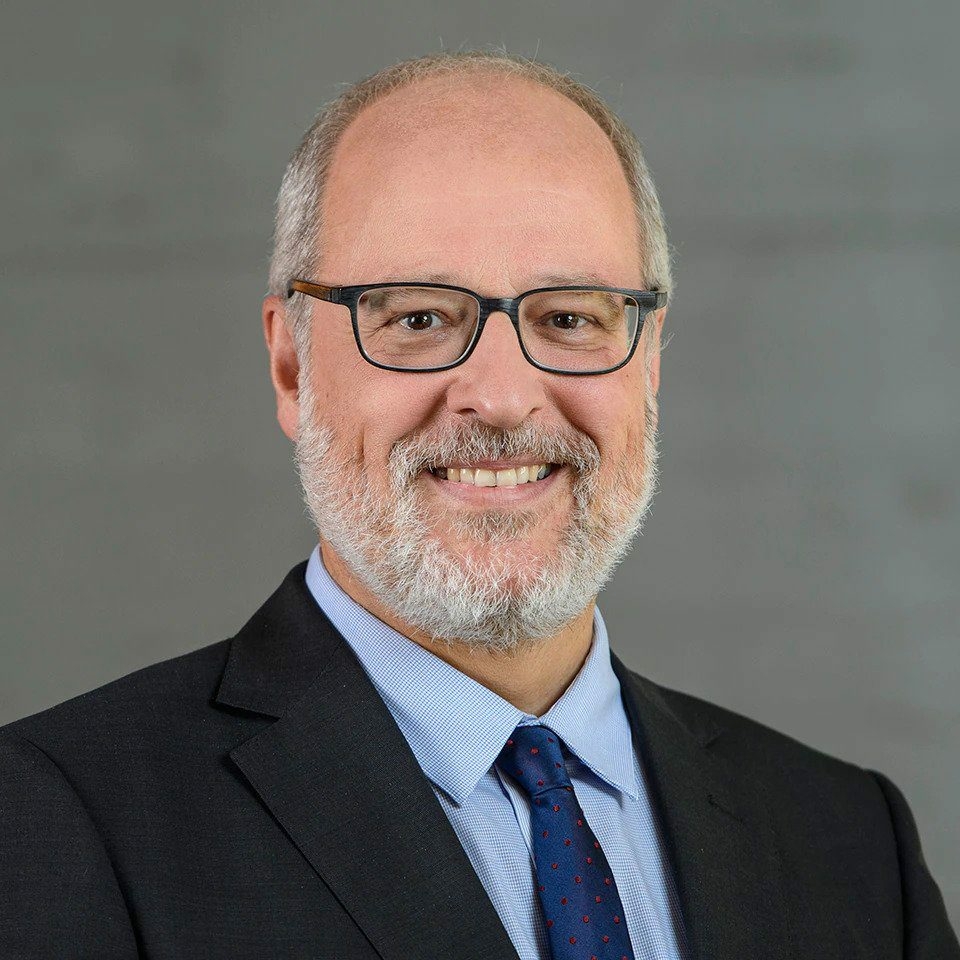
Alexandre Fasel
Swiss Special Representative for Science Diplomacy

Benedikt Wechsler
Head of Digital Division, Federal Department of Foreign Affairs of Switzerland
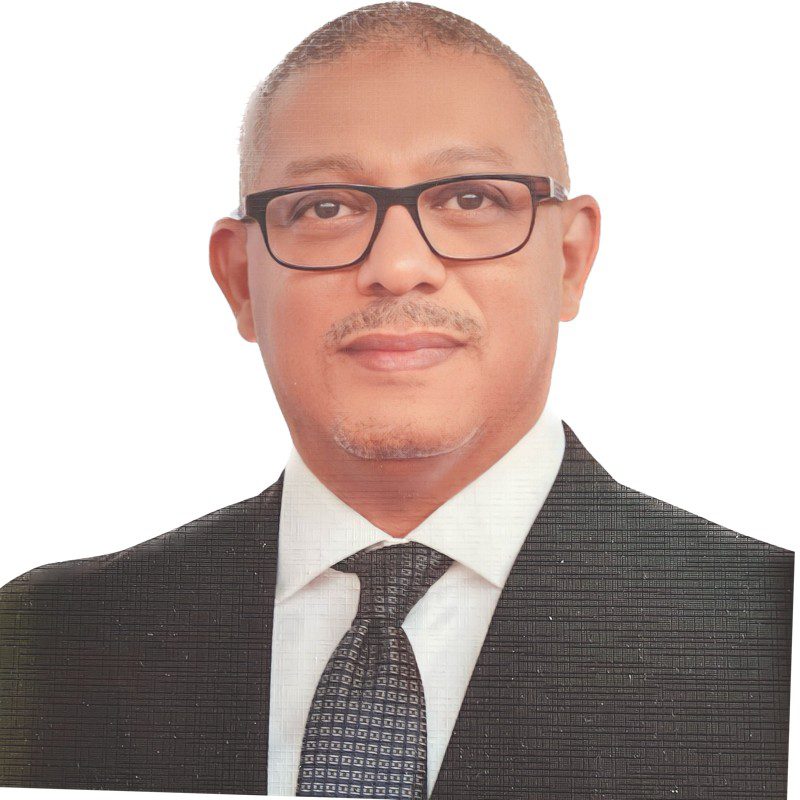
Ammar Hamadien
Senior Advisor, Digital Cooperation Organization
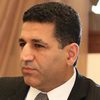
Amr Aljowaily
Strategic Advisor to the Deputy Chairperson of the African Union Commission
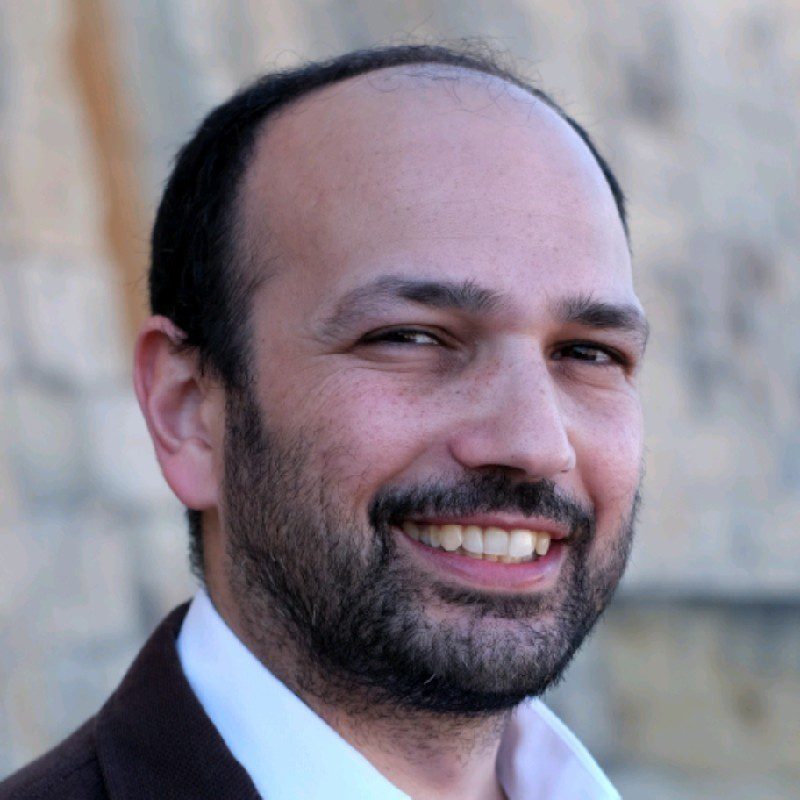
André Xuereb
Malta Ambassador for Digital Affairs
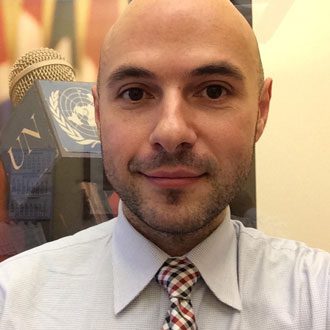
Andreas Sandre
Author of Digital Diplomacy and Twitter for Diplomats
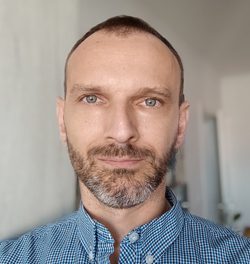
Andrej Škrinjarić
Director of Education & Training, Diplo

Andrijana Gavrilović
Editor - Digital Watch; Head of Diplomatic & Policy Reporting, Diplo

Anja Đajić
Researcher - AI & Data Lab, Diplo
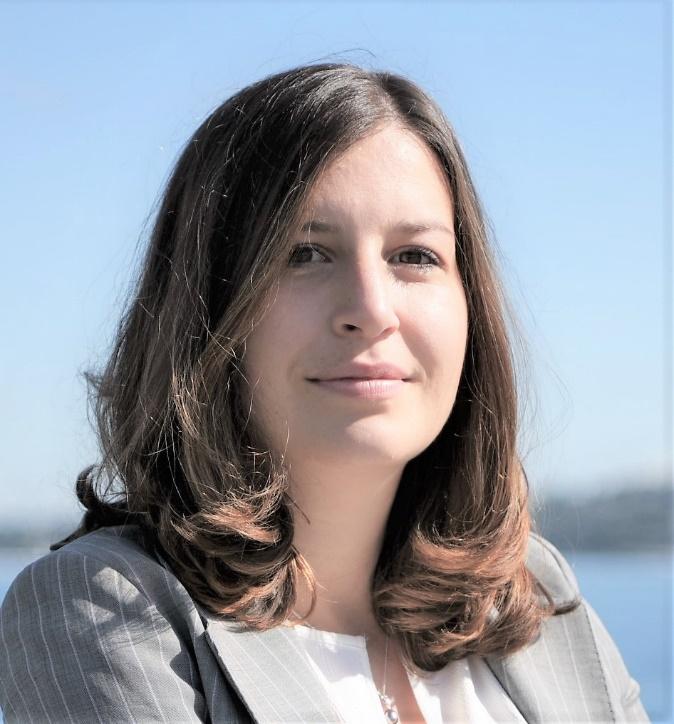
Anja Grujovic-Vischer
Economist and Senior Emerging Risk Manager, Reinsurance sector
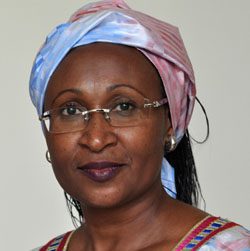
Anne-Rachel Inné
Director of the ITU Regional Office for Africa
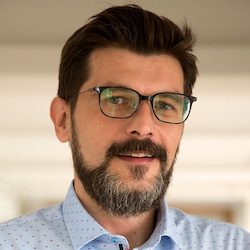
Arvin Kamberi
Head of Online Meetings, Diplo

Ayisha Piotti
Director of AI Policy, ETH Zurich, and Managing Partner, RegHorizon
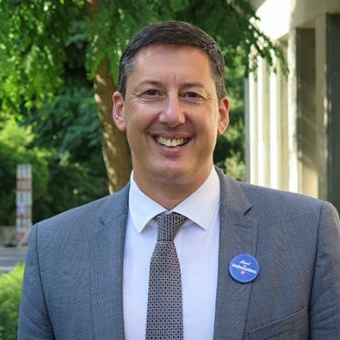
Balz Abplanalp
Swiss Tech Ambassador in San Francisco

Boris Begović
Researcher, Diplo

Brad Smith
President of Microsoft
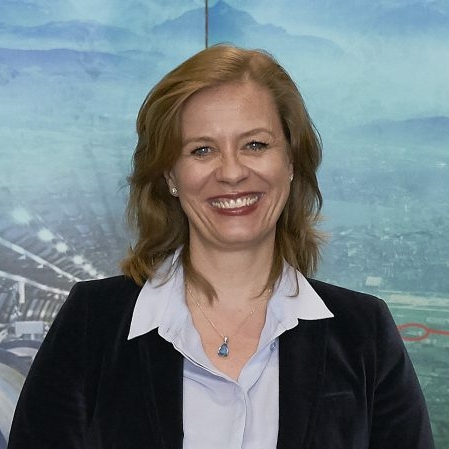
Charlotte Lindberg Warakaulle
Director of International Relations, CERN
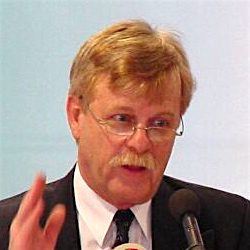
Christopher Lamb
Former Australian Ambassador and Humanitarian Diplomacy Head, IFRC
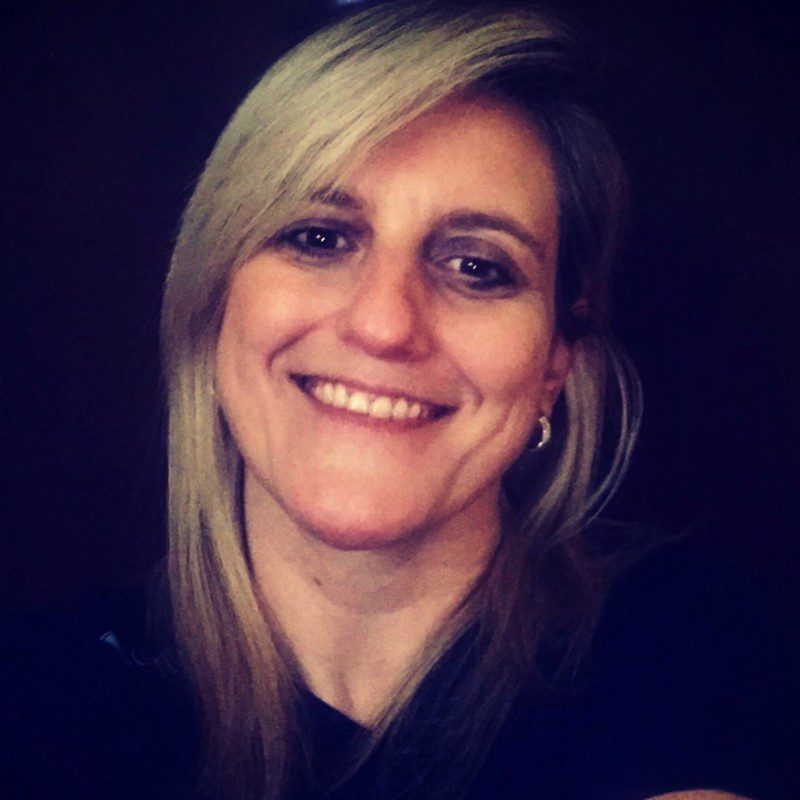
Corinne Casha
Assistant Director Global Issues, Malta's Ministry for Foreign and European Affairs and Trade (MFET)
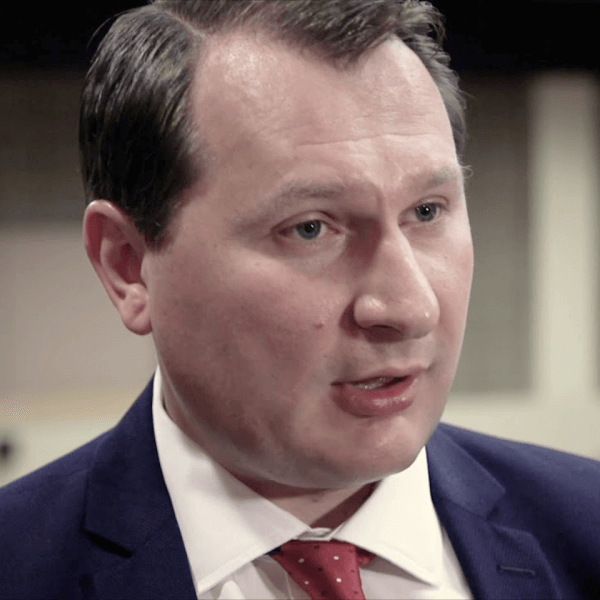
Danil Kerimi
Chief Operating Officer, Edgelands Institute
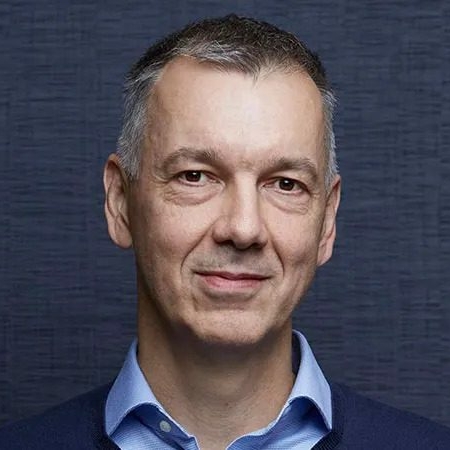
Danko Jevtović
Vice-Chair of the Board, ICANN

Dylan Farrell
Communications Manager, Diplo
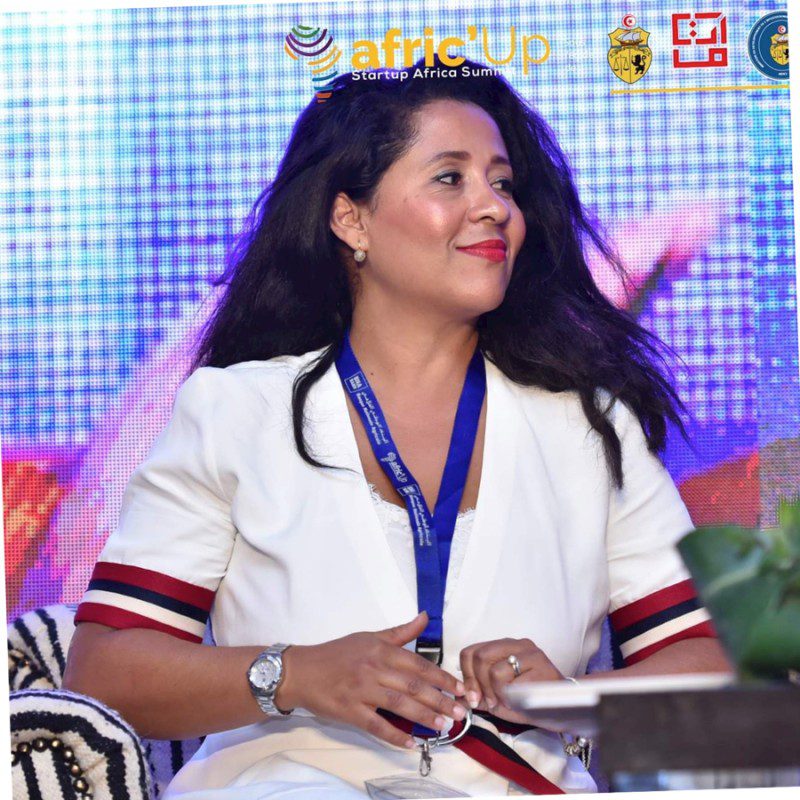
Hanane Boujemi
Public Policy, Regulatory Affairs MENAT, Meta
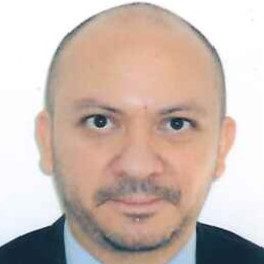
Isaac Morales Tenorio
Coordinator for Multidimensional Security, MFA Mexico
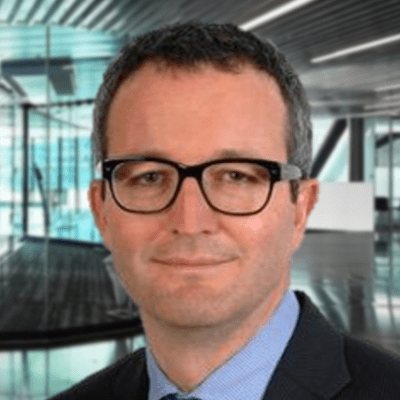
Jérôme Bellion-Jourdan
Special Coordinator for Negotiation Teaching in MINT, Geneva Graduate Institute
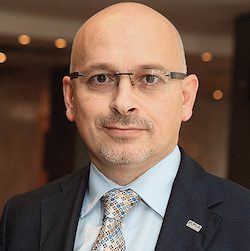
Jovan Kurbalija
Executive Director, Diplo
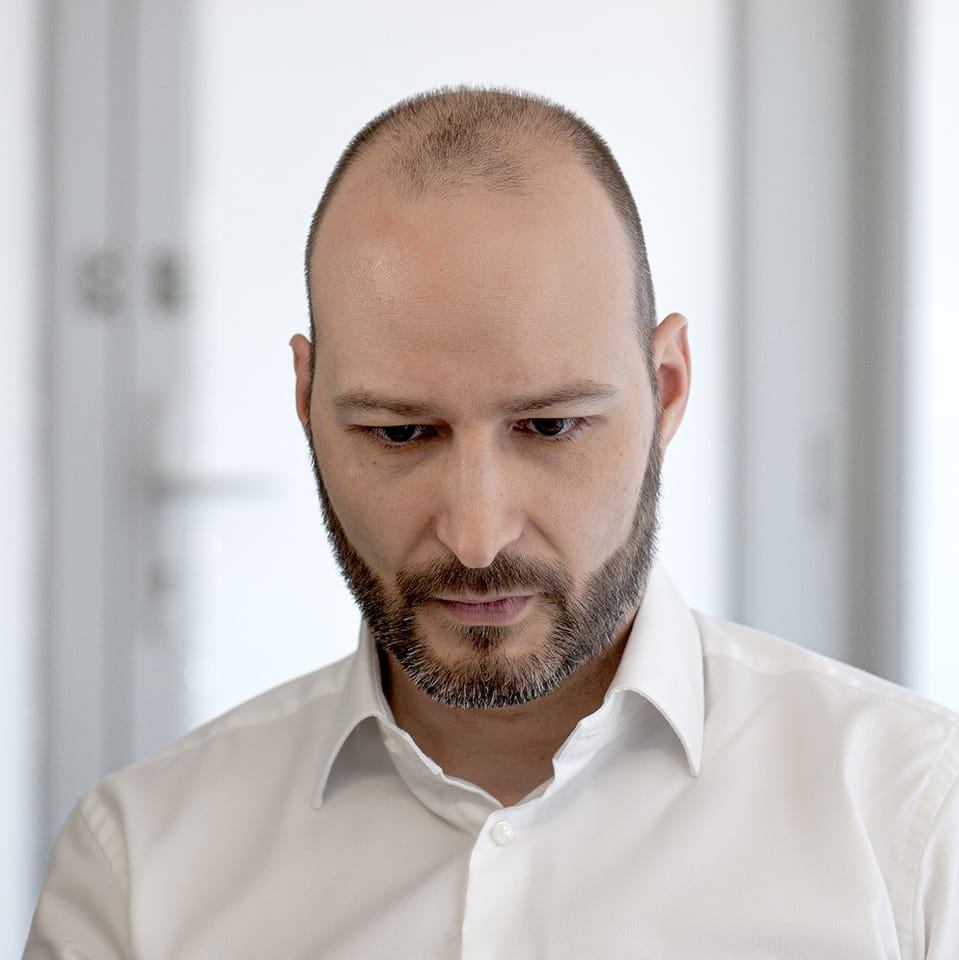
Jovan Njegić
Head of AI & Data Lab, Diplo

Katarina Bojović
Head of Knowledge Ecology, Diplo

Katharina Höne
Director of Research, Diplo
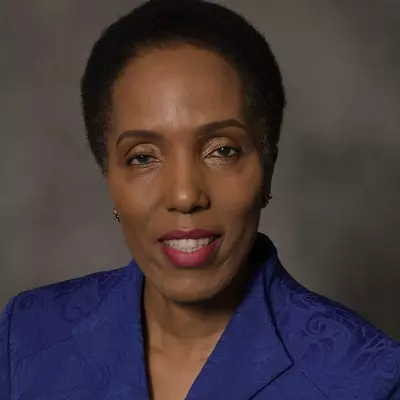
Katherine Getao
frm ICT Secretary, Ministry of Information and Communications, Kenya
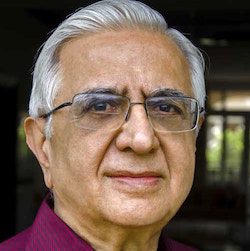
Kishan S Rana
Professor Emeritus, former Indian Ambassador, and a joint secretary to Prime Minister Indira Gandhi

Lee Hibbard
Administrator, Bioethics Unit, Council of Europe
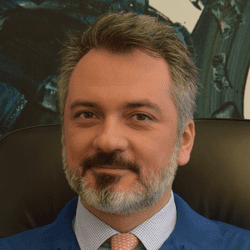
Ljupčo Jivan Gjorgjinski
Senior Fellow for Science and Technology Diplomacy, Diplo
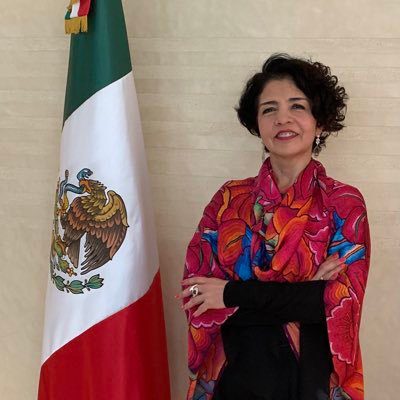
Mabel Gomez Oliver
Ambassador of Mexico to Morocco
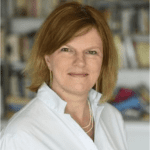
Maja Carrieri
Director, Governance Services, WMO
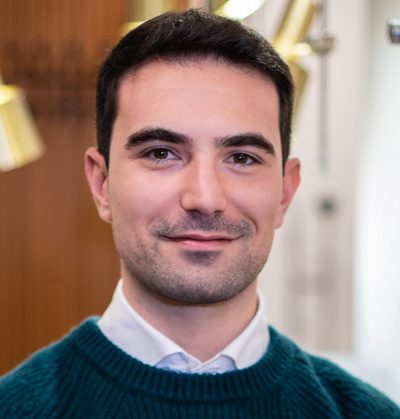
Marco Lotti
External Relations & Partnerships Manager, Diplo
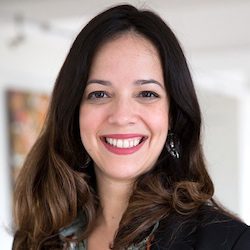
Marília Maciel
Head of Digital Commerce & Internet Policy, Diplo
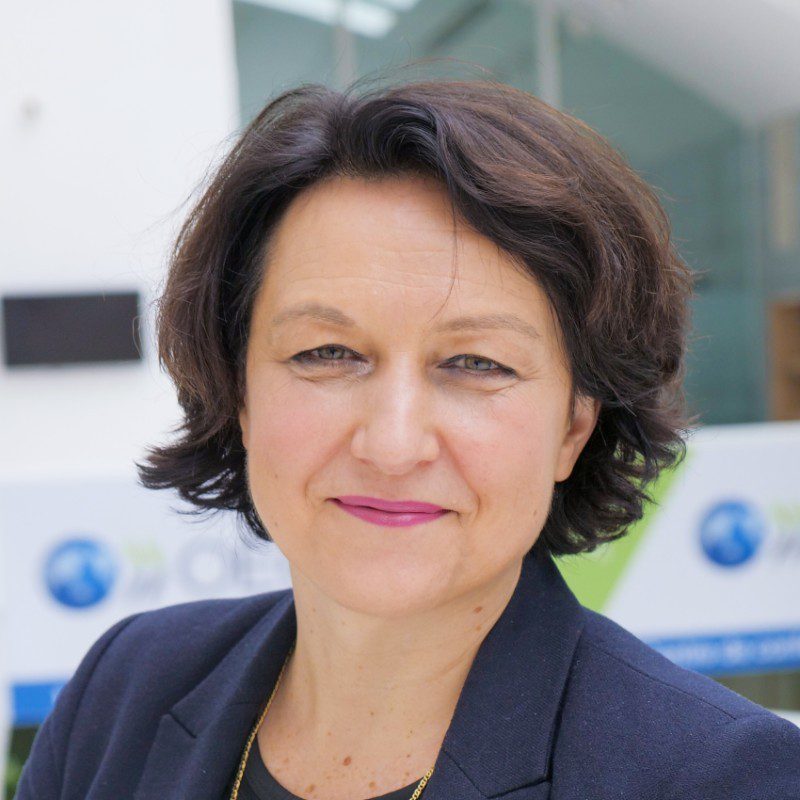
Marion Jansen
Director of the Trade and Agriculture Directorate, OECD
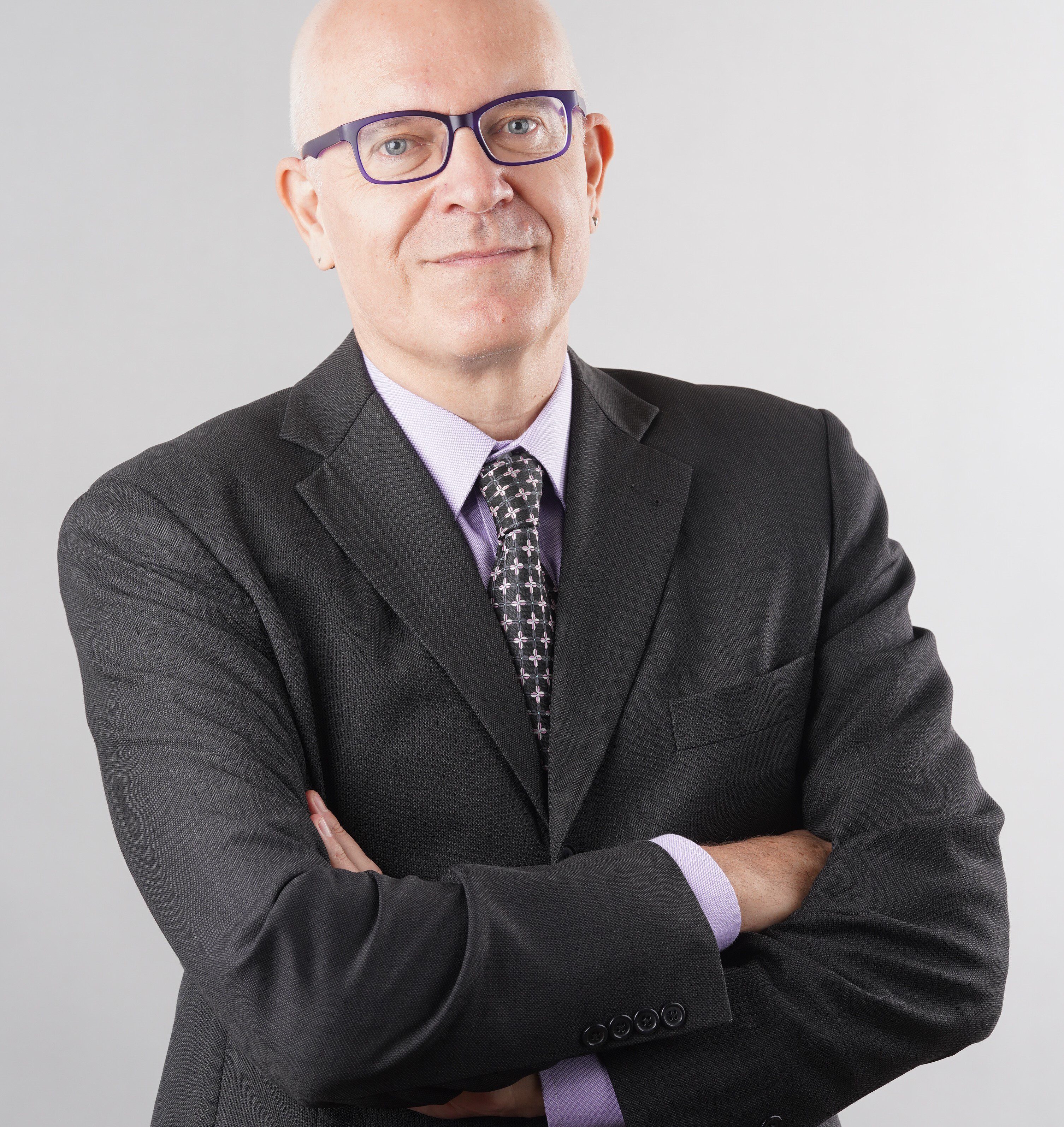
Mark McDowell
Ambassador, Asia Foundation

Martin Rauchbauer
Former Austrian Tech Ambassador in Silicon Valley; Founder & Co-Director, Tech Diplomacy Network
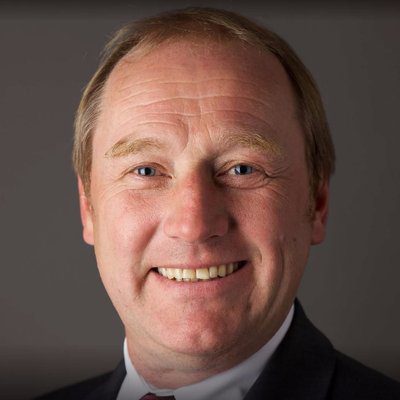
Matthias Lüfkens
Founder and CEO, DigiTips

Milan Jazbec
Ambassador, Ministry of Foreign Affairs of Slovenia, and professor of diplomacy
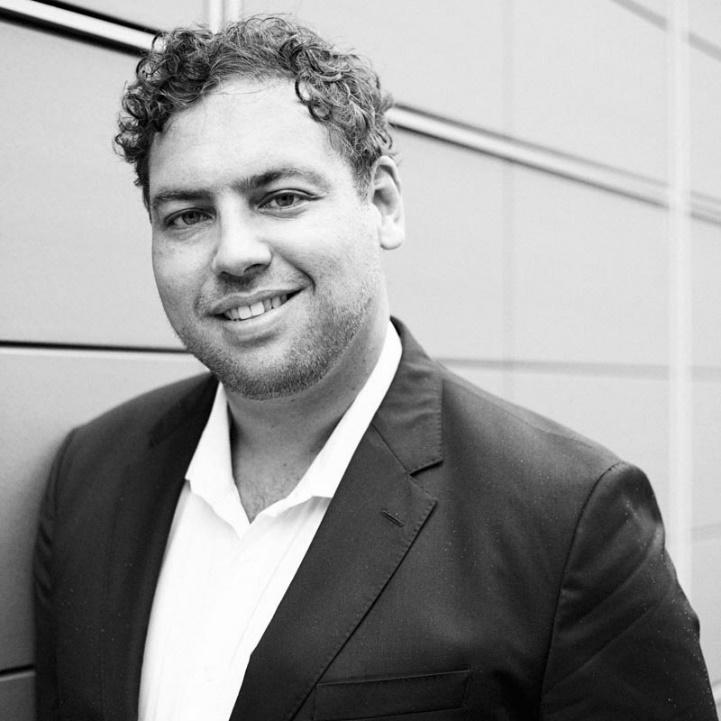
Moritz Vischer
Engineer and Product Manager, Aerospace defence
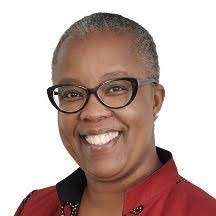
Mwende Njiraini
African initiative coordinator, Diplo
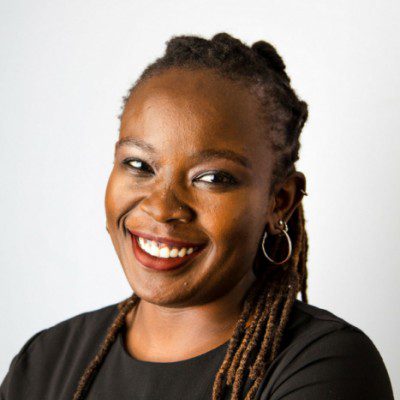
Nanjira Sambuli
Researcher, policy analyst, and strategist
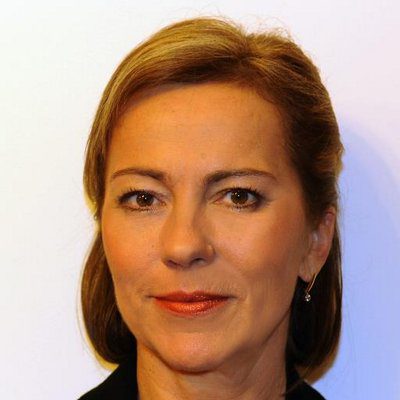
Olga Algayerova
Executive Secretary of the UNECE

Pavlina Ittelson
Executive Director, Diplo US
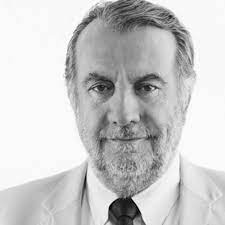
Raymond Saner
Titular Professor at Basel University, Switzerland
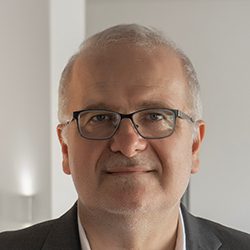
Richard Werly
Columnist, Swiss Media 'Blick'

Robert Abela
Malta’s Prime Minister
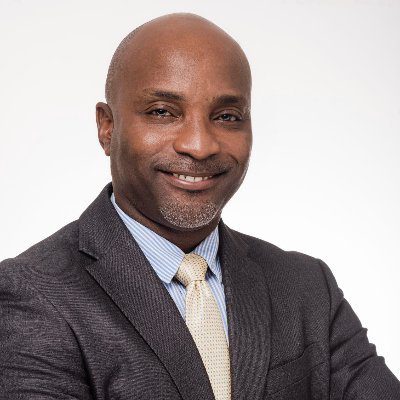
Rodney Taylor
Secretary General, CTU

Ruichuan Yu
Research and Knowledge Management Specialist, UNICEF Office of Research-Innocenti

Slavica Karajicic
Researcher, DiploFoundation

Sorina Teleanu
Director of Knowledge, Diplo
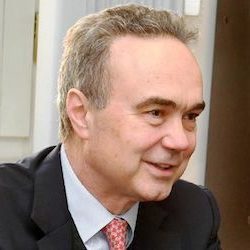
Stefano Baldi
Permanent Representative of Italy to the Organization for Security and Co-operation in Europe (OSCE)

Stephanie Borg Psaila
Director of Digital Policy, Diplo

Su Sonia Herring
Digital Media & Communications Editor, Diplo

Tereza Horejsova
Board Member, Diplo US

Thomas Schneider
Director of International Affairs, Swiss Federal Office of Communications (OFCOM)
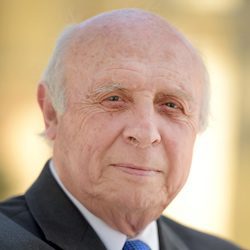
Victor Camilleri
Former Permanent Representative of Malta to the UN

Virginia (Ginger) Paque
Internet Governance & E-diplomacy Coordinator, Diplo

Vladimir Radunović
Director of Cybersecurity & E-diplomacy, Diplo
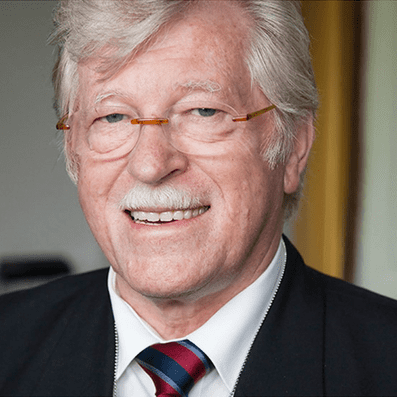
Walter Fust
frm Ambassador and Director General of the Swiss Agency for Development and Cooperation (SDC)

Yung-Hsuan Wu
Researcher, DiploFoundation
Frequently asked questions
About the Summit
The Summit is being organised by DiploFoundation, supported by Malta’s Ministry for Foreign and European Affairs and Trade, and the Swiss Federal Department of Foreign Affairs.
The Summit will be held in Malta, at the Radisson Golden Sands in Mellieha. Parts of the Summit will be livestreamed to enable delegates who are unable to travel to participate online.
The Summit will serve as:
- a global gathering of digital ambassadors, tech envoys, and cyber diplomats
- an occasion to reflect beyond traditional narratives and think of new solutions for the new era
- an important consultation on the Global Digital Compact, an initiative launched by the UN Secretary-General in 2021 which will be agreed at the UN Summit of the Future in 2024
- a celebration of 20 years of Diplo and 30 years of training and research on digital diplomacy in Malta
There is no fee for participating online.
To participate in person in Malta, the fee is EUR 350, which includes lunches, coffee breaks, and receptions organised as part of the programme; and transport from the reception venues (Day 1 and 2, evenings) and to Valletta (Day 2). Delegates are responsible for making their own travel and accommodation arrangements. Please refer to the FAQs section on ‘Participating in person’ for more details.
The fee will be waived for students, Diplo alumni, and delegates from small and developing countries. This is possible thanks to the support of Malta’s Ministry for Foreign and European Affairs and Trade.
Registration for participants travelling to Malta to participate in the Summit closes on Thursday, 10th November 2022.
Registration for participants based in Malta will close on Monday, 14th November 2022.
Registration for online participation will remain open.
Our Summit and Media Pack contains information about the Summit, including the latest version of the programme, speakers’ biographies, travel information for delegates attending the Summit in person, information about the venue, and other useful material.
Documents as part of the Summit and Media Pack can be downloaded individually.
Participating in person
To participate in person, please fill in the registration form. In the last question on the form (‘Summit participation’), please choose the option ‘I will be attending the Summit in Malta’.
Once we receive your registration, we will contact you shortly with an invoice to cover the participation fee and the payment details.
Delegates are responsible to book their own flights to Malta and accommodation.
The Summit will be held in Malta, at the Radisson Golden Sands. The venue is located on the western coast of Malta overlooking the Mediterranean Sea (click here for Google Maps).
Day 1 (all day), and Day 2 (afternoon): The plenary parts of the Summit will take place in the Radisson’s Ballroom, whereas break-out sessions will take place in adjacent meeting rooms. Details will be provided to delegates in the final version of the programme.
Day 2 (morning): The high-level segment on Day 2 will take place in Valletta, the capital city of Malta. Shuttles will be provided to all Summit delegates from the venue in Mellieha to Valletta. A walking tour around Valletta is also planned. Shuttles will take delegates back to the Summit venue in Mellieha for a seated lunch, followed by the afternoon segment of the programme.
The Summit venue (Radisson Golden Sands, Mellieha) offers a variety of room options. Click here for more details.
You can book your accommodation at the Radisson Golden Sands through the hotel’s website. Preferential rates for Summit delegates are available by using the code ‘Diplo20‘. The code will be activated on 21 September 2022.
A limited fund is available to support delegates from small and developing countries. The limited fund covers travel, accommodation, and the participation fee, but excludes costs related to visa entry. The fund is available thanks to the support of Malta’s Ministry for Foreign and European Affairs and Trade.
First preference will be given to diplomats and government officials from small and developing countries. In order to qualify for support, applicants must be nominated by the employing department, ministry, or organisation. Submit your request, together with the nomination letter, to malta@diplomacy.edu.
For queries, write to us at malta@diplomacy.edu, indicating your organisation/position, and your country of origin/residence.
The organiser can issue invitations only to diplomats and government officials, upon approval by the organising committee. When registering, please use your official email address. Kindly send your request for an invitation letter, using the same official email address, to malta@diplomacy.edu.
Participating online
To participate online, please fill in the registration form. In the last question on the form (‘Summit participation’), please choose the option ‘I will be participating online’.
Once we receive your registration, we will contact again closer to the date to send you a personalised link to join online.
Our trained online moderators will ensure that you will be able to participate fully during the Summit.
Yes, most parts of the Summit will be open for online participation.
Some elements, such as the high-level segment on the second day, will not be livestreamed since the event will take place outside the Summit venue.
Practical information for the Press
Yes. You can opt to participate in person, or online. Kindly register via the form, and indicate that you are a member of the Press. We will reach out to you with regular updates.
You can request an (exclusive) interview with any of the speakers during the Summit. Kindly email us at malta@diplomacy.edu with your request, and we will facilitate any interview(s).
We will invite all journalists who submit their registration form to access our Summit and Media Pack, which includes information intended for the press and media (such as links to our press releases, full resolution images of speakers, etc).
Documents as part of the Summit and Media Pack can be downloaded individually.

